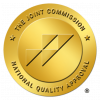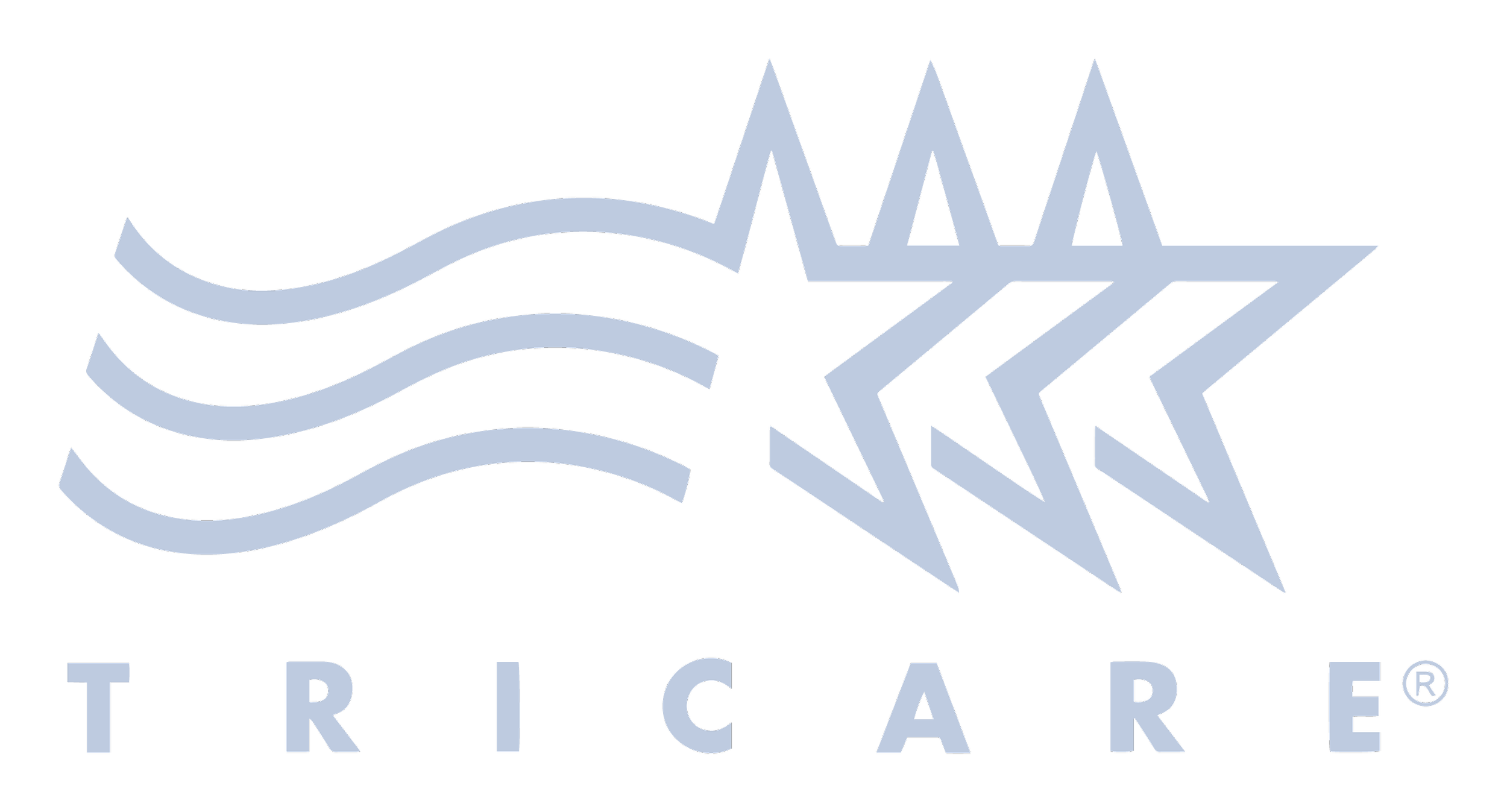Joint Commission Accreditation, DHCS License,
& Clinical Partnership with CPCMG
Joint Commission Accreditation, DHCS License, & Clinical Partnership with CPCMG






Protected Roots Integrative Treatment Center of San Diego for Mental Health
Compassionate and professional integrated approach to mental health disorders. Our team acknowledges and identifies the mental health challenges one may face. We focus on holistic treatment and community support.
Protected Roots Integrative (PRI) in La Jolla, CA
We offer personalized treatment tracks for adolescents, young adults, and adults seeking mental health recovery. Here at PRI Treatment Center, we understand that each person goes through different experiences and trauma. Our staff will assess you or your loved one’s scenario and apply the proper level of care.
Supporting Families and Veterans with Compassionate Mental Health Services

Dedicated Mental Health Support for Veterans
Transitioning from military life to civilian life can bring complex emotional and mental health challenges. Veterans may experience conditions such as PTSD, anxiety, depression, or trauma, and our team is trained to provide evidence-based therapies that address these unique needs.
Family-Focused Care for Lasting Support
At PRI, we believe that family plays an essential role in the healing journey. Our family-focused care includes counseling and therapy services designed to support families in understanding and coping with the impact of mental health issues. By involving loved ones, we help build a strong support system, fostering communication and trust that empowers recovery and lasting wellness.
Testimonials
What our customers say about us.
Listen to our interviews
Learn how our company is helping patients. We shared valuable insights during the interview. Click here to listen and find out more.
Helping Your Child Heal with Structured Mental Health Support
Watching your child struggle with anxiety, depression, PTSD, or other mental health challenges can be overwhelming. If outpatient therapy isn’t enough, but inpatient care feels too intense, PRI Treatment Center’s Partial Hospitalization Program (PHP) offers the right balance of structure and flexibility.
Our PHP provides intensive, compassionate care while allowing your child to return home each evening—so they get the support they need without complete separation from family.
At PRI, your child will receive:
- Individual & Group Therapy to build coping skills and emotional resilience
- Medication Management for ongoing mental health stability
- Family Therapy to strengthen communication and relationships
- Holistic Therapies like yoga and mindfulness for overall well-being
- Life Skills Training to foster independence and confidence
You’re Not Alone—we understand how much you want to see your child thrive. Let’s work together to provide them with the care they deserve. Call us today to learn more or schedule a consultation.
The Difference at PRI Treatment Center in La Jolla, CA
We offer specialized support programs structured to meet the unique needs of young adults (ages 10-35) facing neuro diversities, mood disorders, or life transitions.
Our program utilizes the proven Multi-Modal Treatment Model and Behavioral Parenting Training to equip you with the skills to manage symptoms and reach your full potential.
We leverage evidence-based curriculums like CRAFT, The Matrix Model, and the Adolescent Recovery Capital Model to empower you on your path to recovery.
Our program incorporates effective Third-Wave CBT interventions, along with IPT-A and IPT, to help you navigate emotional challenges and build resilience.
Your are not alone
During moments of loneliness, remember we’re here for you. You’re never alone. Together, we can overcome.

Emotional Control
We offer professional therapy to help you manage your emotions and find solutions to your concerns.
Safe Environment
We're here to listen to you without judgment, providing a safe space where you can freely express your thoughts and feelings.
Listening and Recognition
We strive to understand you on a deep level, recognizing your challenges and seeking solutions that fit your unique circumstances.
Structured Plan
We provide tailored guidance and advice based on your specific situation, helping you find the path to emotional well-being.
Community Support
We're here to accompany you on your journey of growth and healing, offering the support you need to overcome obstacles.
We are here to help
Book your appointment now to connect with one of our experts.
We are here to assist you
We understand that situations can make us feel lonely, but we are here to accompany you and provide the best advice for you.









